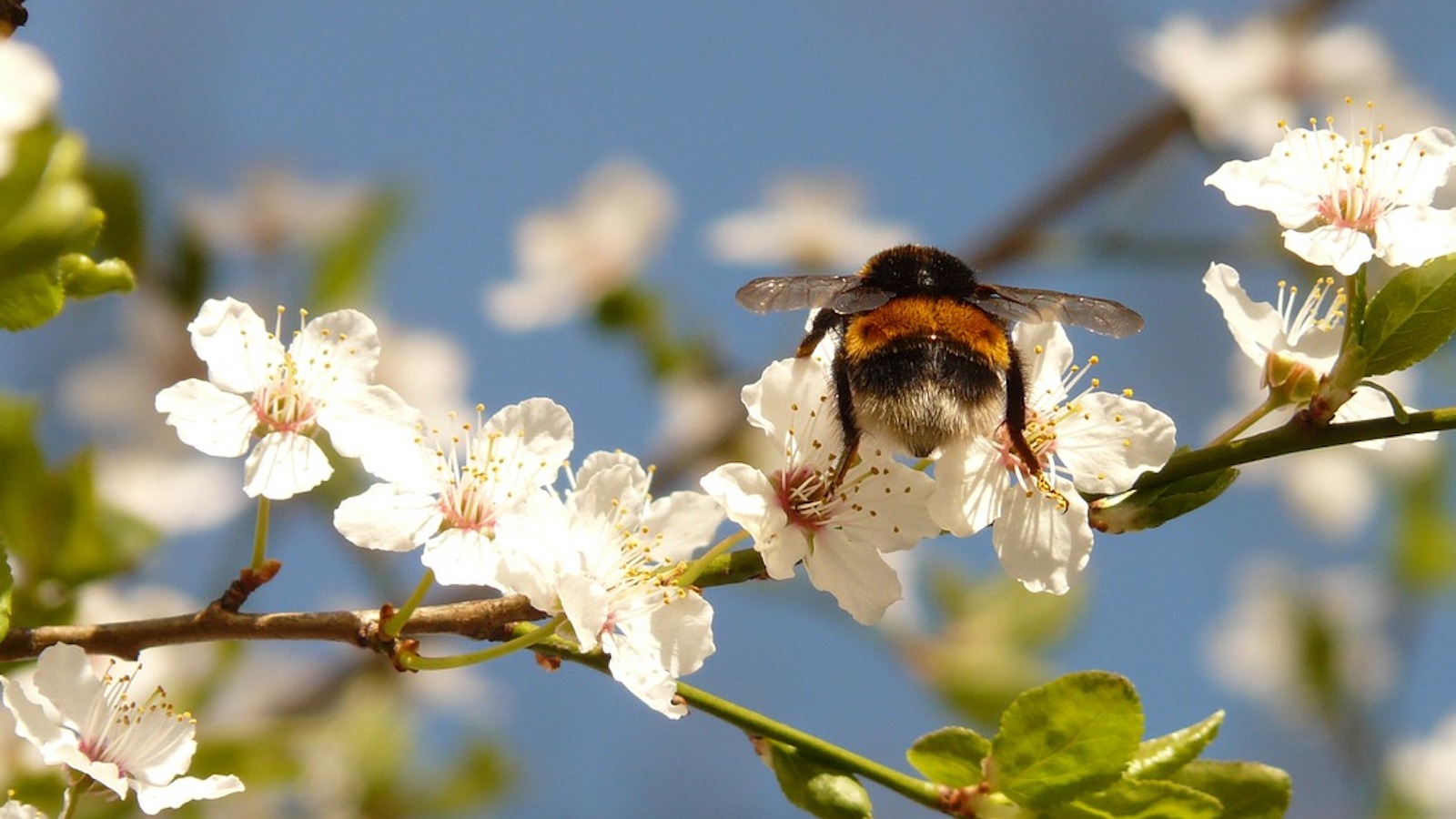
Tell the USGS: Protect pollinators by tracking pesticides
The only program that collects nationwide data on where and how bee-killing pesticides are used is set to expire -- unless we take action.
The only program that collects nationwide data on where and how bee-killing pesticides are used is set to expire.
It’s hard to be a bee right now. Our landscape is nearly 50 times more toxic to bees and other insects than it was 25 years ago — mostly because of agricultural pesticides.
These chemicals are bad news for bees. Some of them poison bees’ central nervous systems, causing neurological damage, paralysis and death.
To help protect pollinators from toxic pesticides, it’s critical that we track the way these chemicals are used across the nation. But the Trump administration cut our nation’s only comprehensive pesticide tracking program back to almost nothing — and unless those cuts are reversed now, yearly pesticide estimates will end completely in 2024.
About 1 billion pounds of pesticides are sprayed on crops in the U.S. every year — and many of them are toxic and dangerous to both the environment and our health. They’re sprayed on crops, but many pesticides can spread into the environment where they kill wild plants and the pollinators that depend on them alike.
We can’t protect bees and other pollinators from a threat we’re not tracking or measuring. The USGS’ pesticide tracking program was created to provide a priceless stream of data about where and how pesticides are applied.
We depend on bees for so much. Without them and other pollinators, wild habitats would collapse and our food system would never be the same. There are at least 250,000 species of flowering plants and trees that rely on bees to ensure reproduction.
The best way to protect bees is to ban the use of the pesticides that are harming them. We’re working to make that happen — but until we win, it’s still important to track pesticide use so we can better understand the critical threat this poses to our pollinators nationwide.
Tell the USGS to restore its vital pesticide mapping project today.
The only program that collects nationwide data on where and how bee-killing pesticides are used is set to expire -- unless we take action.
Add your name
